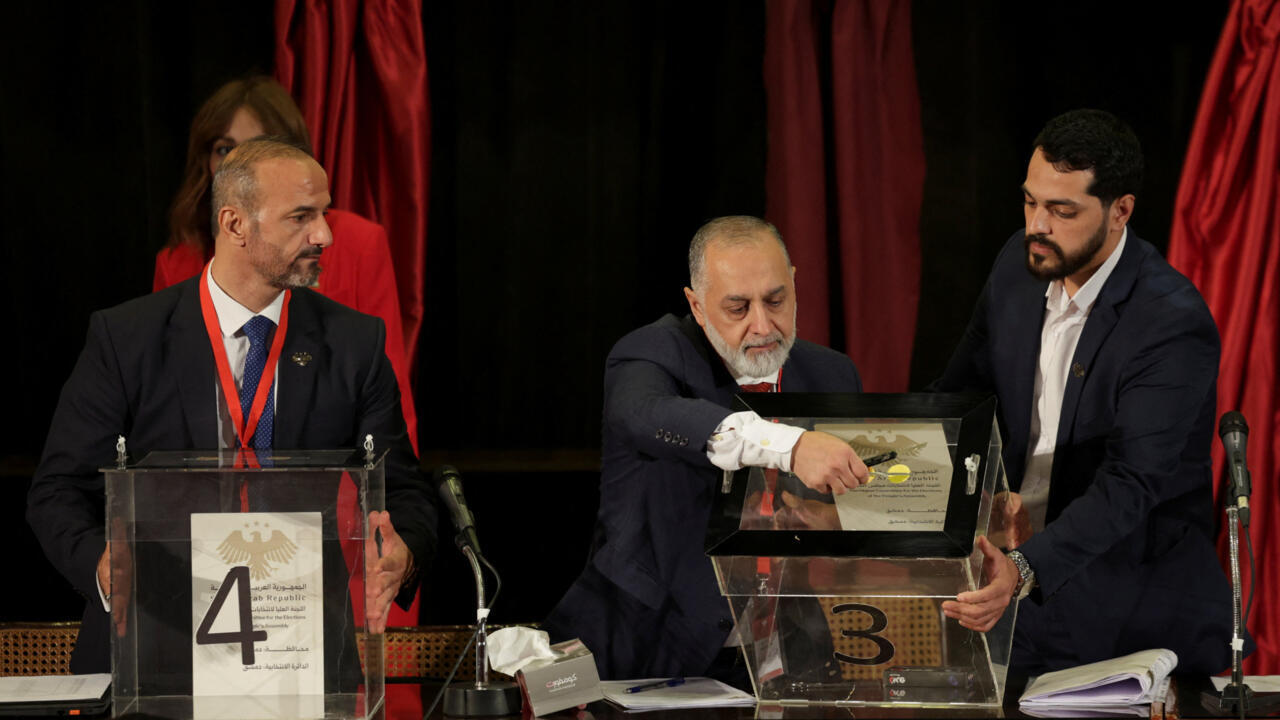The EU Council insists that the EU must leave next month's COP30 climate summit in Brazil with a clear path forward to keeping a lid on 1.5°C of warming. But is that target already out of reach? Our guest says that the world is actually on course for 2.9°C of warming, and that the international community is failing to live up to the promise of the landmark 2015 Paris Agreement. Isabella Lövin is a prominent Green MEP, a former minister for the environment and climate in the Swedish government, a former minister for international development cooperation, and a former deputy prime minister of Sweden.
Lövin lays out the challenges facing developing countries in particular, ahead of the COP30 in Belém, Brazil.
"Sadly enough, we now see the US leaving the Paris Agreement for the second time and the EU not taking the leadership that it should," she states. "The US is withdrawing all the support through the Green Climate Fund. And we see many countries around the world also diminishing their development aid. And this is creating a lot of distrust from the developing countries who are very much struck by hurricanes, droughts, forest fires and all these things that we see in Europe and that we see in the United States, but they don't have the means to adapt to it."
For Lövin, the pushback in some member states against the EU’s proposed carbon emissions target for 2040 is indicative of a lack of leadership. "We, the rich countries, we have developed our wealth through the burning of fossil fuels. We have a moral obligation," she insists. "We also promised to be more ambitious than the developing part of the world, and to show leadership. So it's not too much to demand from the EU that we show how we can get to minus 90 percent in carbon emissions by 2040. All the analysis that has been done by the European Commission shows that it's perfectly doable. We have all the tools that we need in terms of legislation, in terms of research and innovation. So we're the continent that can do it. We can't look to the US to do it."
Sticking to the 2040 target is also in the EU's self-interest, Lövin maintains. "We see how China, which is a Communist power, has invested enormously and subsidised the development of EVs, electric vehicles and new technologies," she says. "And the EU is falling behind. We are really being outcompeted by others if we don't continue to do the Green transition. China is investing in the technology that we will have to import later, if we are not there. And we will still be dependent on imports of fossil fuels for billions and billions of euros."
We ask Lövin about the big gulf that has opened up between the Greens and the Conservatives in the European Parliament, despite both groups being part of the broad pro-European coalition.
"As the Greens, we're all for simplification when we're talking about excessive bureaucracy on some things like state aid rules, or some excessive reporting obligations for SMEs," Lövin answers. "But if you look at reporting for sustainability, if we're going to import products that are produced outside of Europe that have caused a lot of [carbon] emissions or use child labour, then it's not excessive reporting we're asking for. And we know that the big companies like Ikea or Volvo or big European companies, they're already prepared to do this reporting. They're not asking for deregulation on these things. But now, in this house (the EU Parliament), many of the right-wing parties and the extreme right parties, they are only talking about environmental legislation, about climate legislation. That's the only thing they want to deregulate. For companies, it's much better to have clear targets that are really long term so they know what they should invest in. I speak to many companies all the time and they say to us: 'Just tell us what we need to do and we will do it'."
Programme prepared by Perrine Desplats, Isabelle Romero, Agnès Le Cossec and Oihana Almandoz.











 English (US) ·
English (US) ·